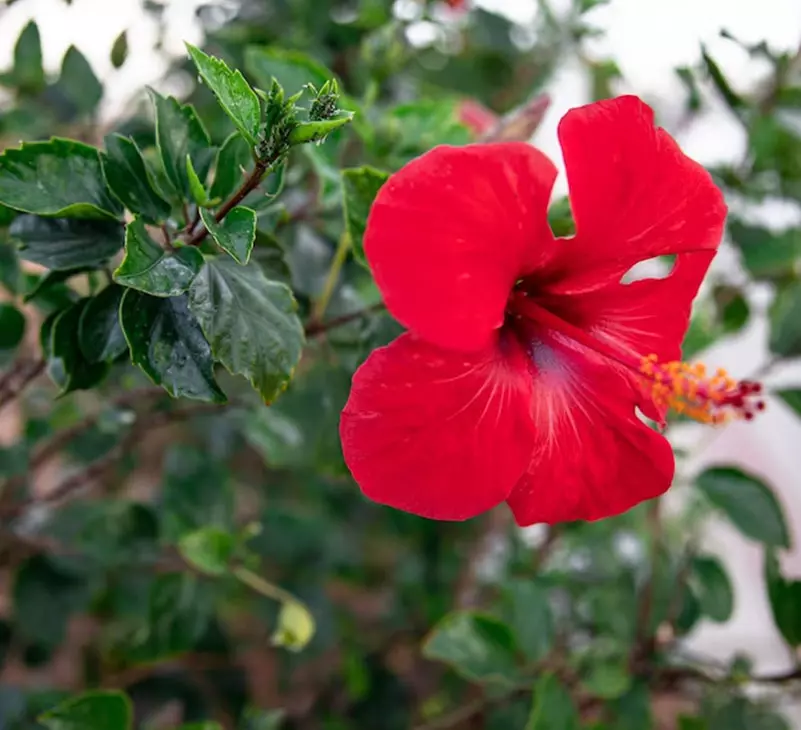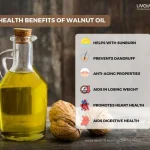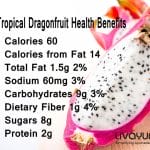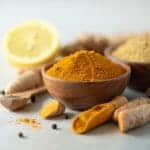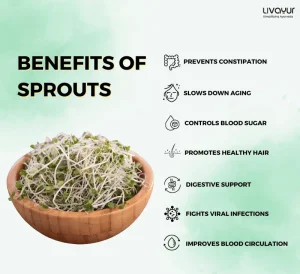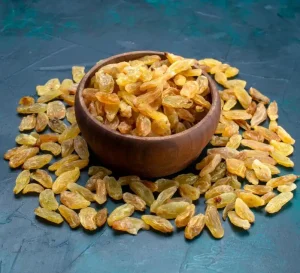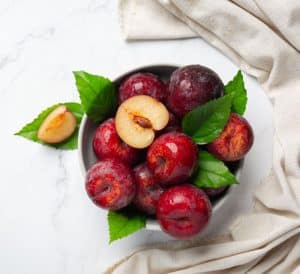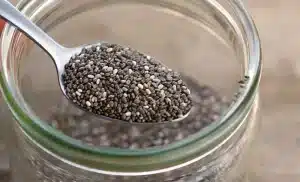This article is reviewed by an expert
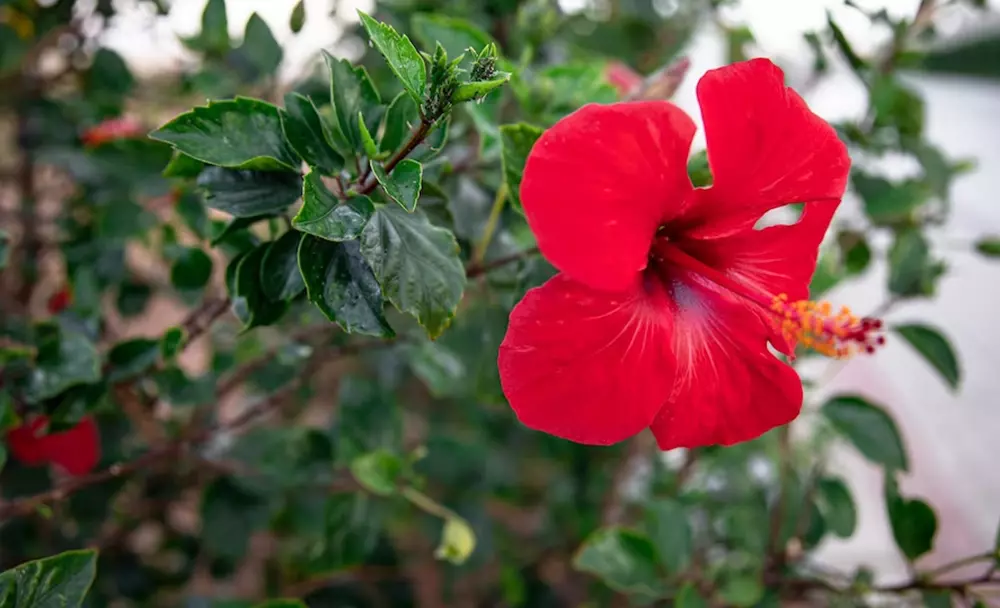
Hibiscus is one of the most popular flowers in India. Chances are that you must have heard or seen it. However, did you know that it’s not just a flower?
Rich in several medicinal properties, it is one of the best Ayurvedic plants for the treatment of hair disorders, skin problems and many other health conditions.
Do you want to know more about the benefits and uses of hibiscus? If yes, then keep reading.
The Many Benefits of Hibiscus
- Improves Hair Health
Hibiscus boosts hair growth and prevents premature greying of hair by reducing excessive body heat, stimulating blood circulation to the scalp, and improving the supply of essential nutrients to the hair follicles. It is also one of the best cures for alopecia or baldness (1).
- Balances Pitta Dosha
Hibiscus flowers are Madhura or sweet in taste and exhibit Kashayam or astringent property. They are also cold in potency, making them highly effective in reducing aggravated Pitta Dosha (1).
- Treats Several Gynaecological Conditions
Hibiscus is widely used for managing excessive menstrual bleeding. It is also useful in the treatment of painful menstruation (1).
- Treats Anaemia
In anaemia, the level of haemoglobin decreases due to a lack of iron in the blood. Hibiscus helps increase the levels of iron and pacify heat or Pitta in the blood, thereby treating anaemia (1).
- Helps Manage Menopause
Hibiscus tea can help manage several menopausal symptoms, such as hot flushes. Its cold potency and Pitta-pacifying properties make it one of the best remedies to balance excess heat in the blood and balance hormones during menopause (1).
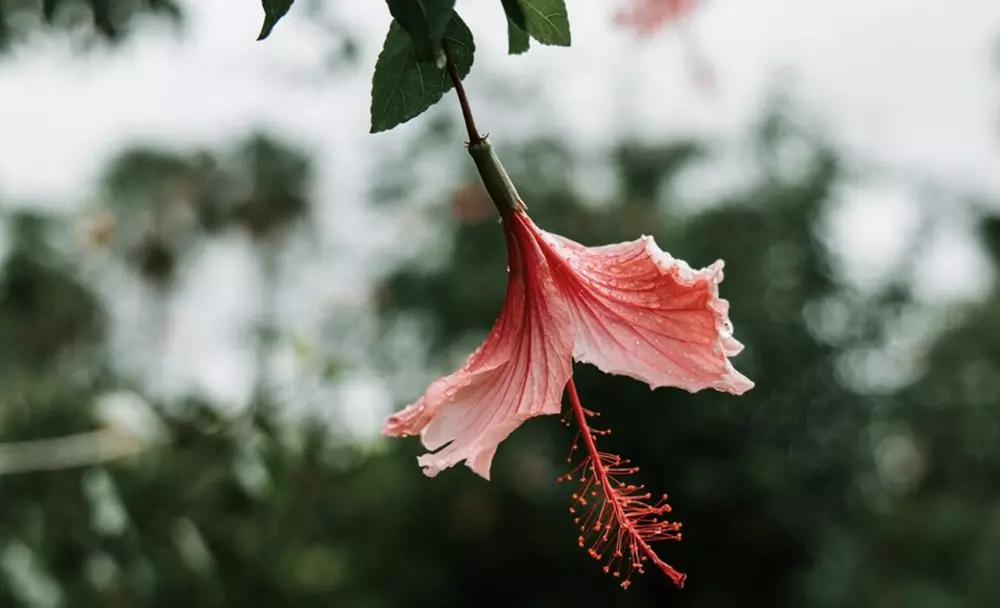
- Treats Skin Disorders
Hibiscus is well known to treat several skin disorders like acne. Its extracts also function as an anti-solar agent by absorbing ultraviolet radiation, thereby reducing signs of ageing topically (1).
- Manages Hypertension
Rich in diuretic and blood-thinning properties, hibiscus is used extensively for treating hypertension. It helps neutralise the heat, detoxify the liver and bile, lower inflammation and lymphatic congestion and boost blood circulation, all of which contribute to lowering blood pressure naturally (1).
- Treats Obesity
Many studies have found that hibiscus can improve metabolism and help you with weight loss. Therefore, it is widely used to treat and prevent obesity (1) (2).
- Prevents Liver Problems
Hibiscus is rich in colourful anthocyanins that help increase liver antioxidant enzymes, fight against oxidative stress, and prevent liver fat accumulation (3) (4).
Furthermore, hibiscus extracts are also found to be effective in protecting against liver toxicity associated with chemotherapy drugs (5).
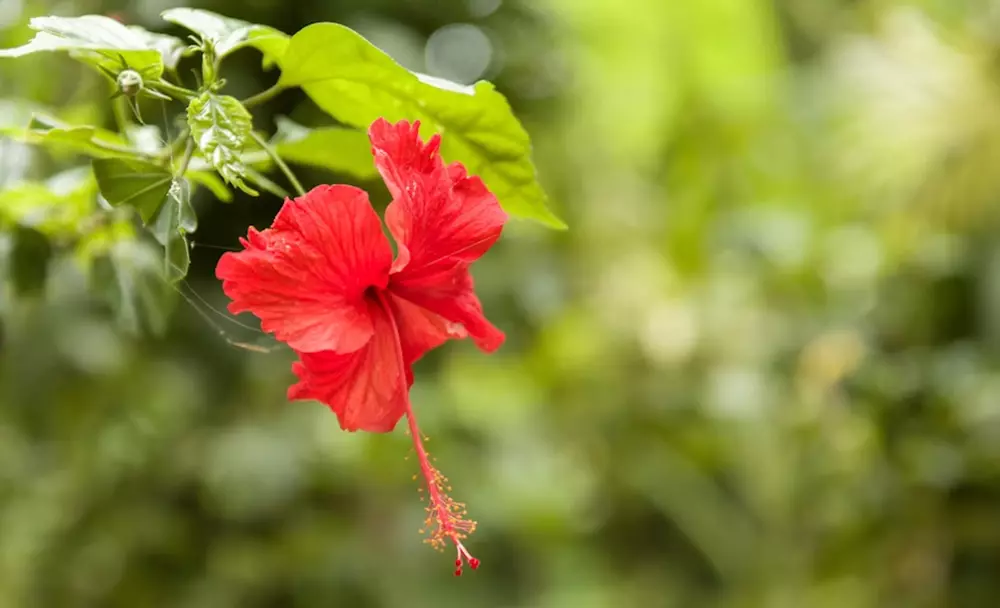
- Aids in the Treatment of Cancer
Rich in antioxidants, hibiscus is highly beneficial for cancer patients (1). Studies have suggested that hibiscus extracts may help inhibit enzymes involved in prostate cancer and kill breast cancer and melanoma cells (6) (7) (8). Additionally, it is also said to enhance the effect of chemotherapy treatments on breast cancer cells (9).
How To Use Hibiscus?
Hibiscus can be used in many forms, depending on the health condition. Some popular forms in which hibiscus is available for use include:
- Hibiscus hair oil (1)
- Hibiscus hair wash (1)
- Hibiscus tea (1)
- Hibiscus extracts
- Hibiscus capsules
- Hibiscus powder
Side Effects of Hibiscus (1)
Hibiscus is usually safe for most people when consumed in healthy quantities. However, some people may observe minor side effects such as temporary stomach pain, gas, constipation, nausea, painful urination, headache, etc.
Contradictions of Hibiscus (1)
- Pregnant and lactating mothers are not advised to use hibiscus.
- Diabetes patients are advised to use hibiscus only after consulting their healthcare provider to prevent hypoglycemia.
- Since hibiscus can affect blood sugar and blood pressure levels, patients undergoing surgery should also consult their doctor before consuming.
On a Final Note
Hibiscus is a beautiful flower used for several religious and cultural purposes in India. However, it is also rich in several medicinal properties and therefore provides excellent remedies for the treatment of numerous diseases, including cancer and diabetes. In Indian households, it is also popularly used as a remedy for several hair and skin problems.
References
- https://interscience.org.uk/images/article/v10-i2/3ijahm.pdf
- https://www.ncbi.nlm.nih.gov/pmc/articles/PMC6337177/
- https://ffhdj.com/index.php/BioactiveCompounds/article/view/842
- https://pubmed.ncbi.nlm.nih.gov/26475512/
- https://pubmed.ncbi.nlm.nih.gov/29672189/
- https://pubmed.ncbi.nlm.nih.gov/26115086/
- https://www.ncbi.nlm.nih.gov/pmc/articles/PMC6503386/
- https://pubmed.ncbi.nlm.nih.gov/25694272/
- https://www.ncbi.nlm.nih.gov/pmc/articles/PMC6503386/




